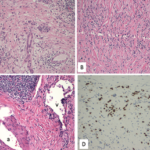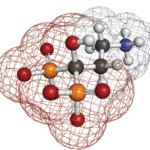Increased cardiovascular (CV) risk in patients with rheumatic disease is old news. Over the past decade, a multitude of studies have demonstrated elevated CV risk in a variety of conditions: systemic lupus erythematosus, rheumatoid arthritis and psoriatic arthritis (PsA), to name a few. The risk in patients with rheumatic disease seems to be linked to…








